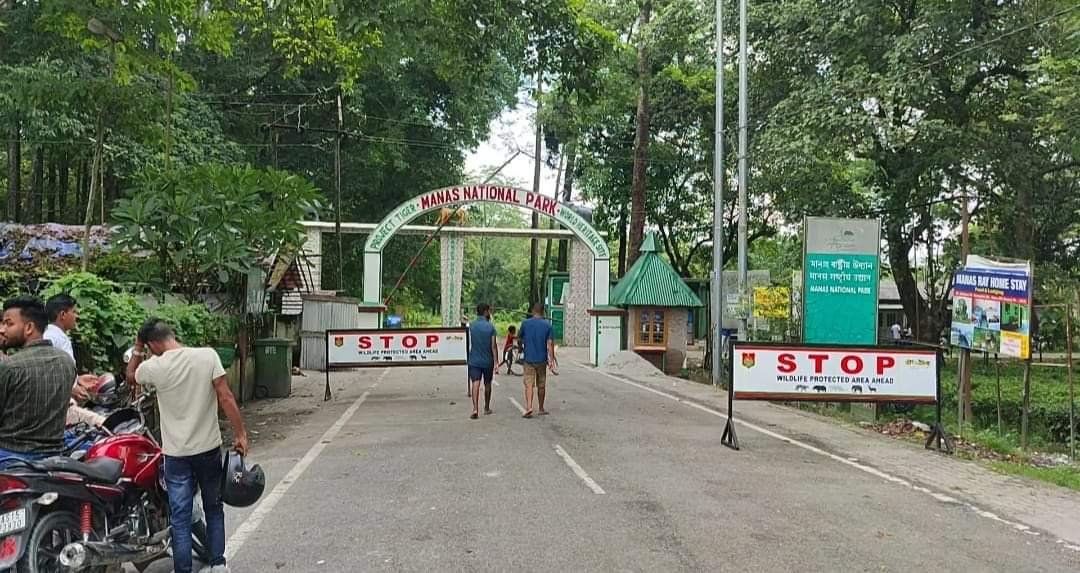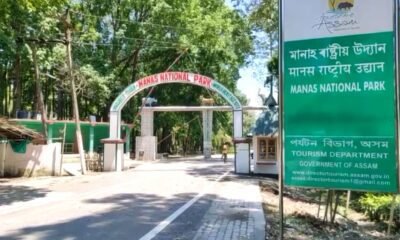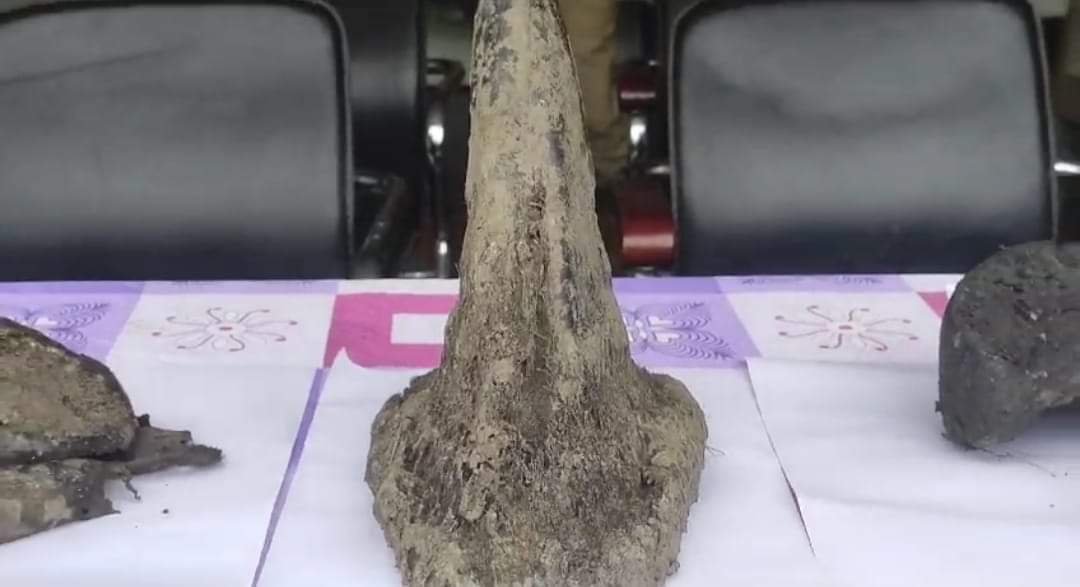Featured
“Rhinos, other wild animals are not safe in Manas National Park” Locals

The Manas National Park which is a home to a great variety of wildlife, including many endangered species, such as one-horned rihnoceros, tiger, elephant and pygmy hog. Located in the State of Assam in Northeast India, a biodiversity hotspot. Covering an area of 39,100 hectares, it spans the Manas river and is bounded to the north by the forests of Bhutan.
Here the locals of the area irate over the rampant killing of wild animals in the jungle.
Greater Manas Conservation and the tourism development society along with 10 other organisations continue to protest against the killing of animals at Manas National Park.They also shaved heads during the protest on 9th July .
Speaking to this correspondent, Bubul Nath president of Greater Manas Conservation said, “Assam is famous for one-horned Rhinos, we feel proud of it. But few days ago a rihno was killed by the poachers where the horn was missing from the spot.
And for the last few months , Tiger, Elephant, deer, and pygmy hog have been killed by the poachers. Elephant teeths were taken away. And a tiger skin was also recovered from the Sorvog area near the Manas National Park.”
He also said, “Killing of Deer, pigmy hog and wild buffalos is become common in the area. We have the full evidence of it and also submitted to the forest department. But they didn’t take any action against them.
“Meat of Deer, Wild buffalo and pigmy hogs are openly sole home to home.” he added.
Karthik Sarkar president of MEWS an NGO said, “In 1992, Manas National Park was declared a world heritage site in danger by UNESCO due to the heavy poaching. But, after nearly two decades it was removed from the danger list in 2011.”
“So, we don’t want to lose it again. Government should look into this matter and improve security in Manas National Park.”
“We suspect that some officials are involved in these killings. We already informed them with full evidence video clips. But they failed to stop the killings.”
“So, we appeal to the government to take action against the poachers otherwise we will continue our protest if the forest department failed to protect the animals.”












